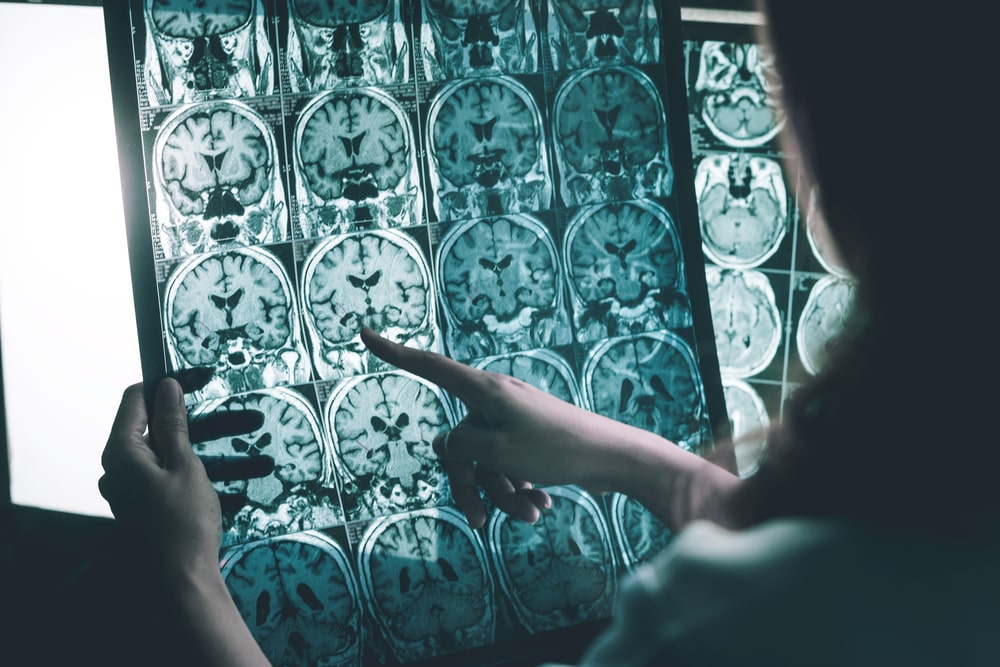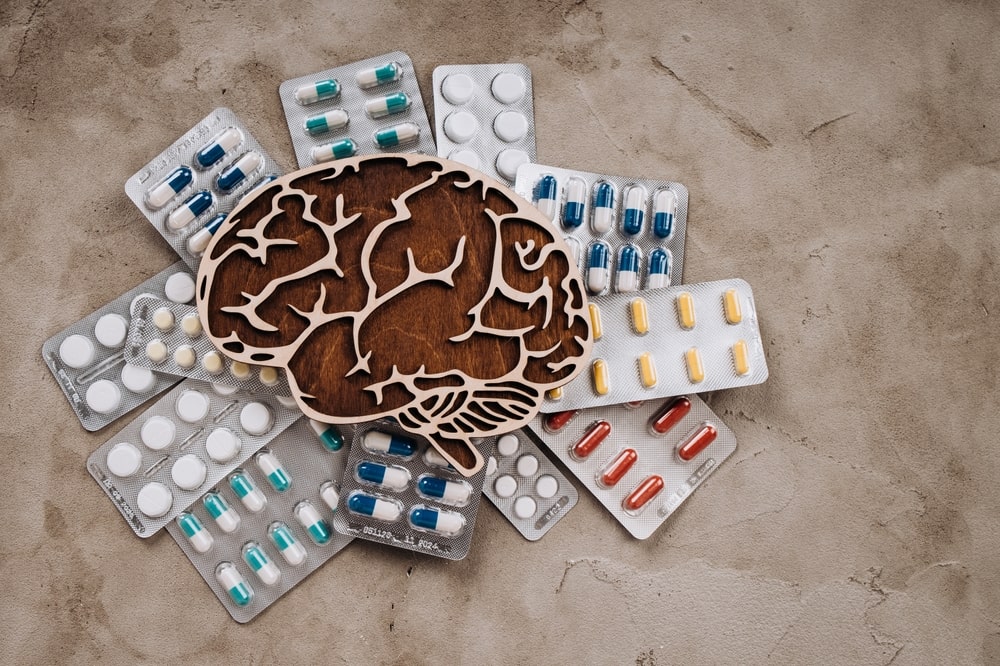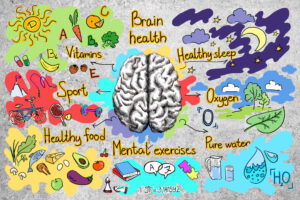What are the worst Alzheimer’s myths of all time?
Alzheimer’s disease is probably one of the worst diseases at this moment after cancer. The worrying part is that millions of Americans suffer from Alzheimer’s disease, which is one of the main causes of mortality in the country.
Since a lot of people are looking to find out why Alzheimer’s is such a horrible disease and, more importantly, what the first signs of it are, the internet is probably the easiest source of knowledge. But is the Internet always accurate? Let’s see.
When searching the internet for information regarding Alzheimer’s, it’s critical to separate the truth from the fiction. This article aims to debunk some of the most common and harmful myths surrounding Alzheimer’s disease.

1. “If one of my parents suffered from Alzheimer’s disease, I will definitely have it too!”
This is probably one of the most common Alzheimer’s myths of all time! A lot of people believe that if one of their parents has this particular disease, they’re going to suffer from it too. Although it is a myth, it has a bit of truth in it. Let’s see why.
For the most part, this disease is super complex, and the scientists have not fully understood it yet. That’s why, even in 2024, we can’t be sure of what’s at the root of it. Indeed, your choices of lifestyle, diet, and certain exposure to pollutants may influence the development of Alzheimer’s disease.
You might be concerned about getting Alzheimer’s as you age if your parent or close family member has the disease. An individual who carries specific genetic variations that can be inherited from a parent is more likely to develop Alzheimer’s. It is not always the case, though, that children of biological parents who have Alzheimer’s will also eventually get the disease.
Unfortunately, we don’t know how to prevent this particular condition, and even if it’s scary to look into the future, it’s very important to try to have a healthy life as much as possible.
2. “All the symptoms of this disease are perfectly normal as we get older.”
Uhm..not really! As people age, many grow more forgetful, and certain forgetfulness—like occasionally missing things—is typical. Things like forgetting where you put the newspaper or the knitting kit are perfectly normal for all of us, and it doesn’t mean you have Alzheimer’s disease.
What is scary is when you fail to recognize certain people from your own family. This is probably one of the worst symptoms of Alzheimer’s disease and must be an alarming sign. You must consult your doctor! To establish your diagnosis, your doctor might want to know about your past medical history, evaluate your cognitive and memory abilities, and do certain tests.
3. “Aluminum can lead to Alzheimer’s disease”
This is definitely one of the weirdest Alzheimer’s myths we’ve heard a lot about in the past year. But the question is, why are people freaking out about it? After all, aluminum is found in common household items like pans, pots, utensils, and mirrors, so could it be harmful to our health?
Researchers are currently attempting to determine whether aluminum and Alzheimer’s disease are related. For instance, aluminum levels in the brains of Alzheimer’s patients are greater than in those of non-afflicted individuals, according to autopsy studies; nevertheless, the exact function of aluminum in these cases is unknown.
Studies on the potential effects of environmental variables on an individual’s risk of Alzheimer’s disease are still ongoing. These factors include metallic materials, pollutants in the air, and other chemicals.
4. “Dementia and Alzheimer’s disease are the same thing.”
Although dementia and Alzheimer’s are sometimes used synonymously, there is a distinction between the two. Alzheimer’s is simply one kind of dementia; the term “dementia” typically refers to disorders that result in impaired thinking, memory, behavior, and reasoning. Since Alzheimer’s is the most well-known and widespread cause of dementia, there’s a good chance that the words are confused.
5. “Only if you’re over 70 years old can you develop Alzheimer’s disease”
This is definitely a myth since Alzheimer’s disease can develop in the mid-60s as well but in exceptional cases in their 30s. Early-onset Alzheimer’s is the term used to describe Alzheimer’s disease that affects a person between the ages of thirty and sixty. Less than 10% of Alzheimer’s patients have the illness with early symptoms. Early-life Alzheimer’s disease development might bring unique difficulties.
Studies reveal that many individuals with Down syndrome, a genetic disorder, also have an earlier development of Alzheimer’s disease, with symptoms perhaps appearing as early as their 40s.
One of your family members is dealing with Alzheimer’s disease, but all you see are myths about this condition, and you don’t know what to believe anymore. If reading our article made you curious for more information about this awful disease, don’t hesitate to buy this book. Understanding Alzheimer’s Disease: What You Need to Know costs only $12.95 on Amazon and it’s a must in every elder’s bookcase!
6. ” Memory loss is the only Alzheimer’s symptom.”
One of the major symptoms of Alzheimer’s disease is indeed memory loss. However, this isn’t the only notable one. Additional symptoms include difficulties with scheduling or solving problems, finishing tasks that are familiar to you, confusion about time and place, difficulty understanding how space and objects relate to one another, difficulty speaking and writing, being unable to retrace steps, misplacing items, rash decisions, social withdrawal, and mood swings.
Please, if you experience at least two of the symptoms mentioned here, make an appointment with your doctor! Alzheimer’s disease is no joke!

7. ” There is no treatment for Alzheimer’s disease. “
Among all the common myths about Alzheimer’s disease, the one about proper treatment stands out pretty high. The good news is that tremendous strides have been made in the past several years in creating more effective therapies for Alzheimer’s patients. Several medications are currently on the market to treat symptoms and, in certain cases, delay the progression of the sickness.
Even if there isn’t a treatment for this disease, however, scientific advancements have made research on it more promising than ever before, which is wonderful news that gives us hope for a brighter future.
8. “Some supplements that are sold online guarantee the prevention of Alzheimer’s disease.”
As you probably know, there are a lot of websites, usually clickbait ones, that sell various supplements and vitamins. Their advertisement is great, as are their prices, and because of that, a lot of people tend to buy them. But unfortunately, this is just another myth about Alzheimer’s disease.
These claims are unsupported by scientific research, and no supplement has been shown to slow down, stop, treat, or cure Alzheimer’s disease as of yet. As we’ve already stated, researchers are working hard to develop a treatment for Alzheimer’s disease. Don’t fall into the trap of buying random supplements that you see sold online and advertised as “cures for Alzheimer’s!”
Hey reader! Are you new around here, and reading about Alzheimer’s myths made you curious to browse for more similar articles? That’s awesome because you’re in the right place! Here at Golden Years Bliss, we handle every issue seniors might have regarding their golden years and, most importantly, how you can live the best chapter of your life because you deserve it.
Before leaving, if you want to support us, hit that subscribe button. We promise to deliver only top-notch articles right into your inbox. Plus it’s free! You may also enjoy reading Post-Retirement Depression: 8 Healthy Ways to Regain Your Happiness.



















